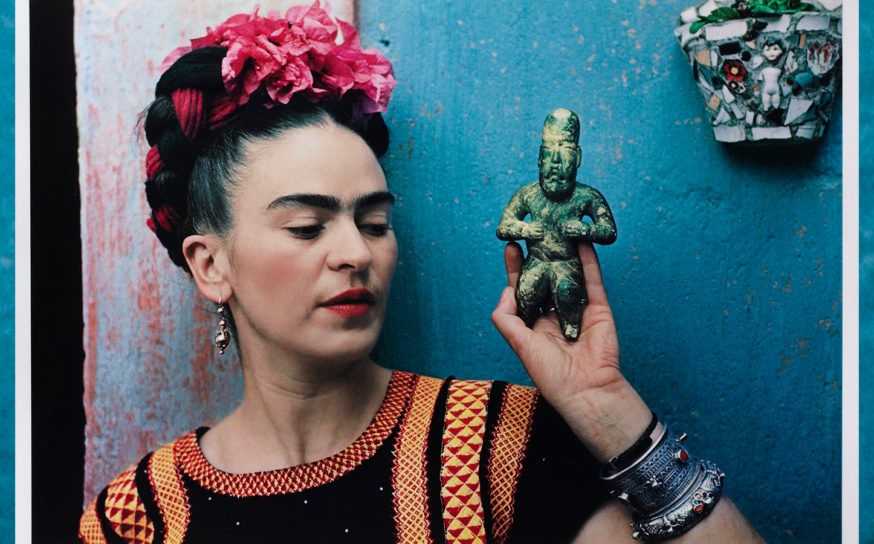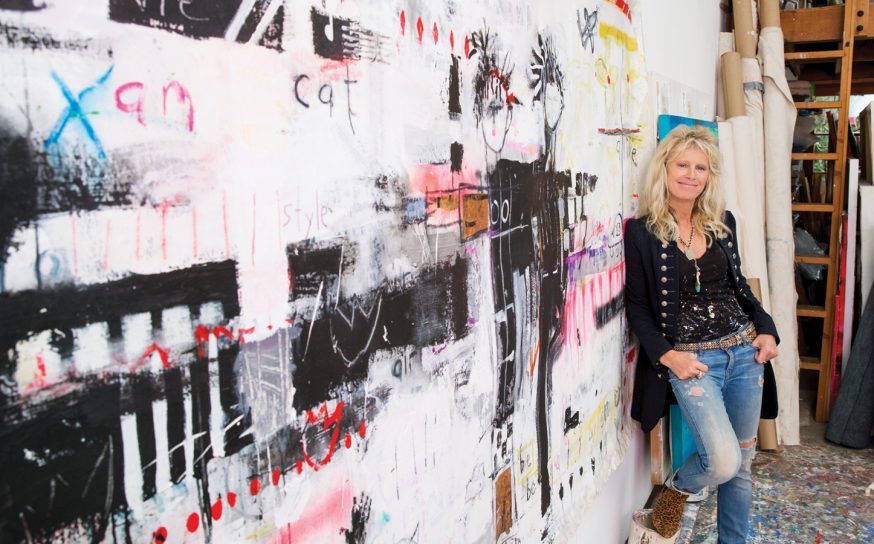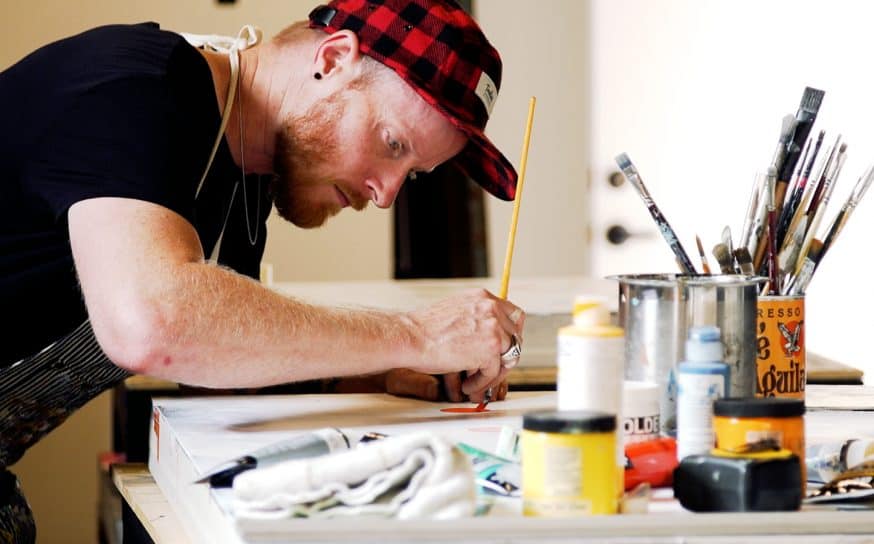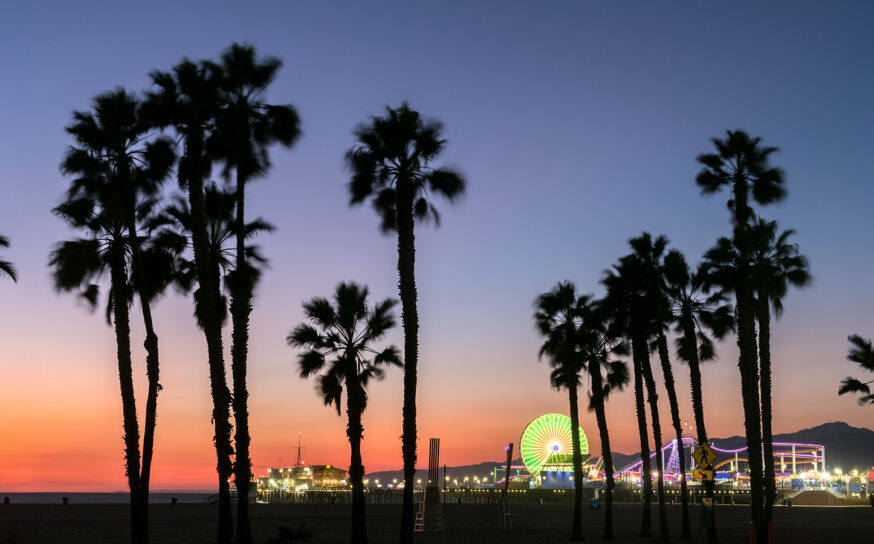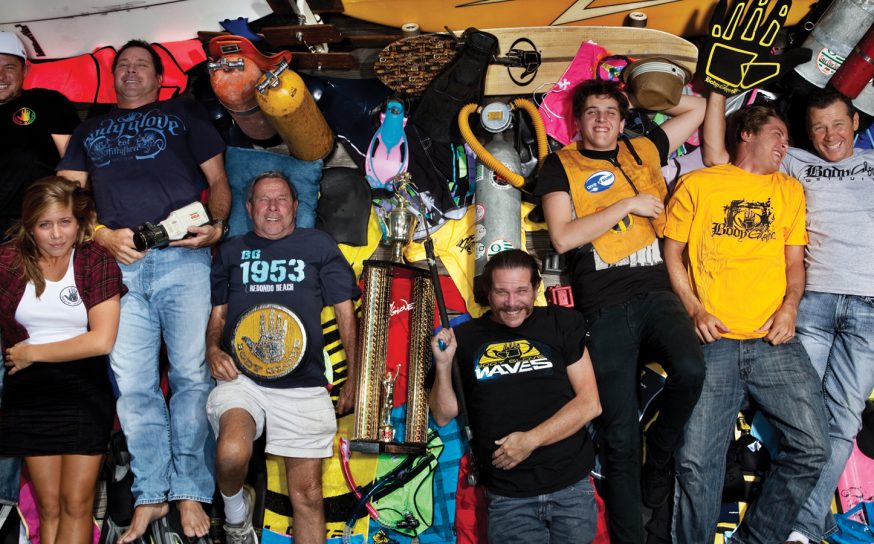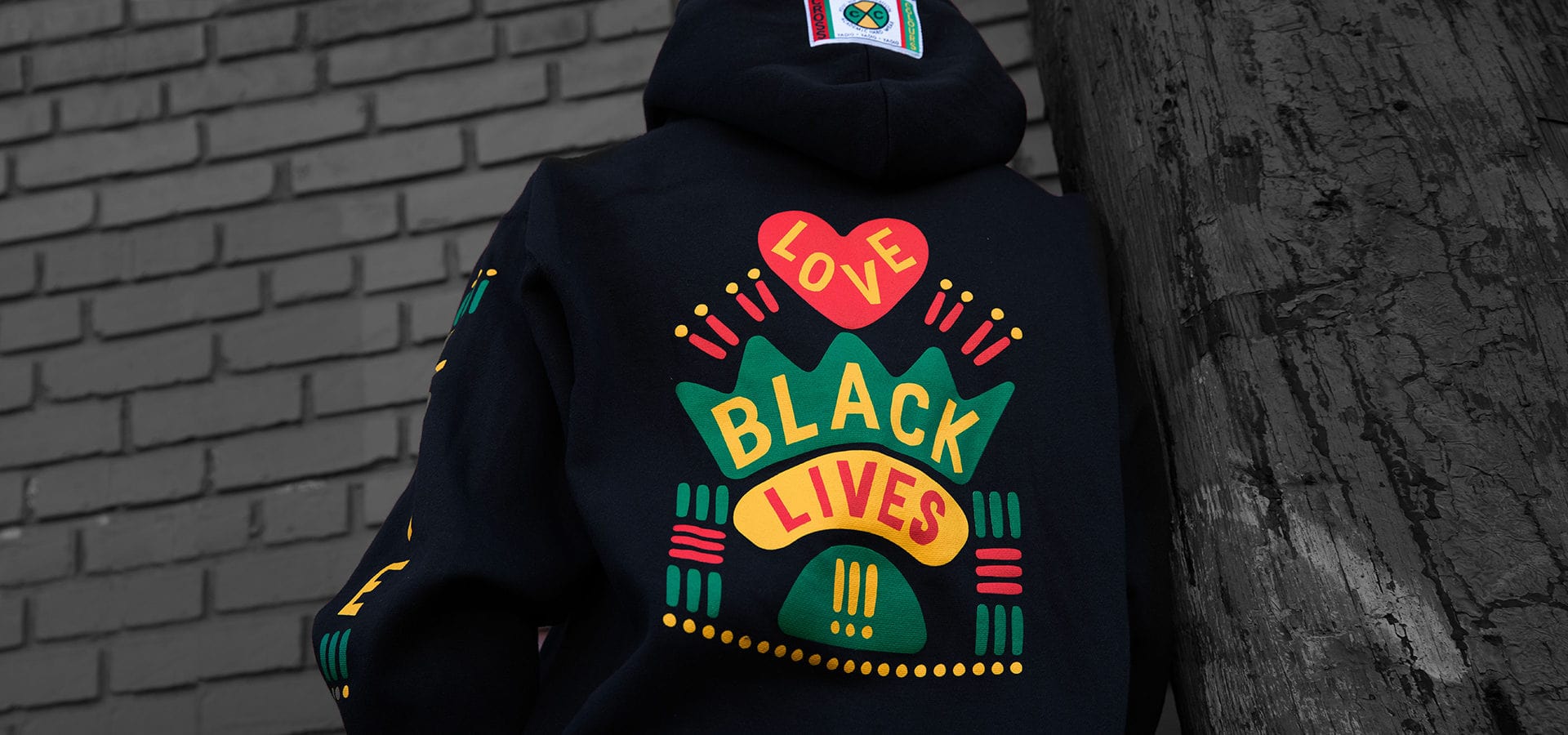
Cross Colours: Still Making Clothing Without Prejudice
The iconic LA brand is ready to rise yet again.
-
CategoryArts + Culture, Makers + Entrepreneurs, Small Businesses, Time Capsule
-
Written byTamara Palmer
Based in South Central Los Angeles, the clothing brand Cross Colours is largely responsible for the bright and youthful style aesthetic that we think of in our fondest and freshest memories of the golden age of hip-hop.
“Celebrities in the Nineties showed us a great deal of love, and the looks they put together were incredible,” says Kadeem Pilgrim, who works as Cross Colours’ director of marketing. “A few celebrities that come to mind who wore us quite often are Will Smith, TLC and Tupac — they were extremely influential figures in the early days of streetwear.”
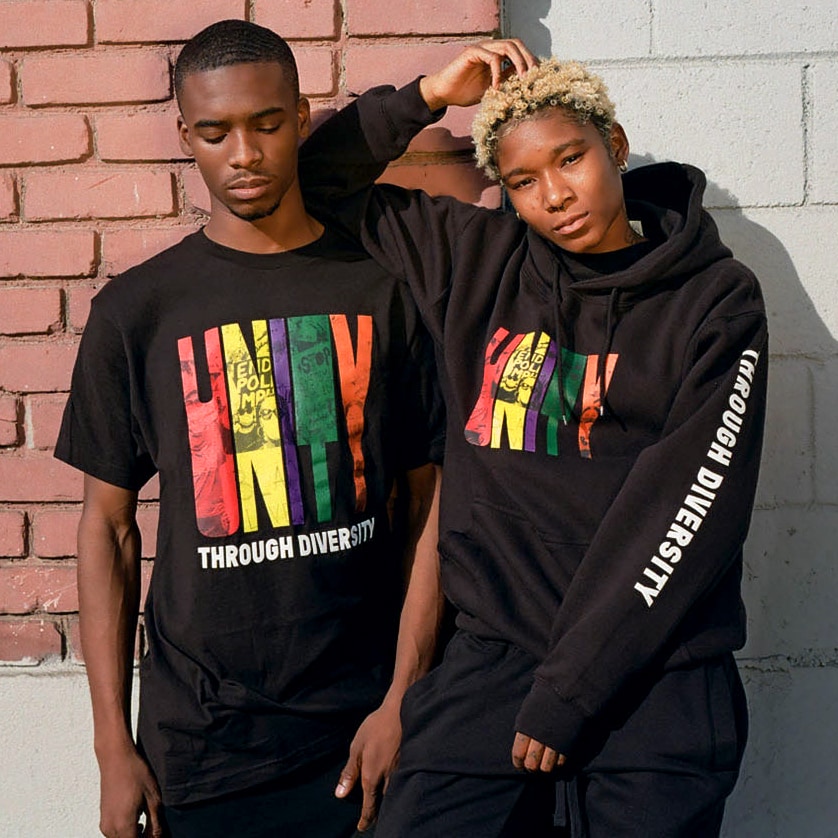
If you ever watched The Fresh Prince of Bel-Air back in the day, you will remember how Smith made kids want to dress just like him. And among today’s many Cross Colours clothing offerings are a striking t-shirt tribute to the late Lisa “Left Eye” Lopes of TLC and a full line of vibrant Tupac fits.
The year before Cross Colours originally launched back in 1989, the movie Colors (and the memorable Ice-T single of the same name) brought Los Angeles gang life to the big screen. When settling on their clothing brand name, founders Carl Jones and TJ Walker considered their previous expertise that they earned from studying and working in the garment world — Jones previously had a brand called Surf Fetish, while Walker was a designer. They chose the British spelling of colour in order to differentiate from the gang culture that was depicted in the film. That stylistic choice lended the brand an air of international mystique right from the gate. Early Cross Colours t-shirts with substantive slogans like “Educate 2 Elevate” and “Stop D Violence” stood for peace and community building.
“Our marketing aligned with our clothing in that it highlighted the beauty and creativity of the Black community. Brands weren’t doing that when we started.”
“We would define the lifeline of the Cross Colours visual aesthetic as revolutionary,” Pilgrim explains, understanding the potent power of the brand. “Our marketing aligned with our clothing in that it highlighted the beauty and creativity of the Black community. Brands weren’t doing that when we started.”
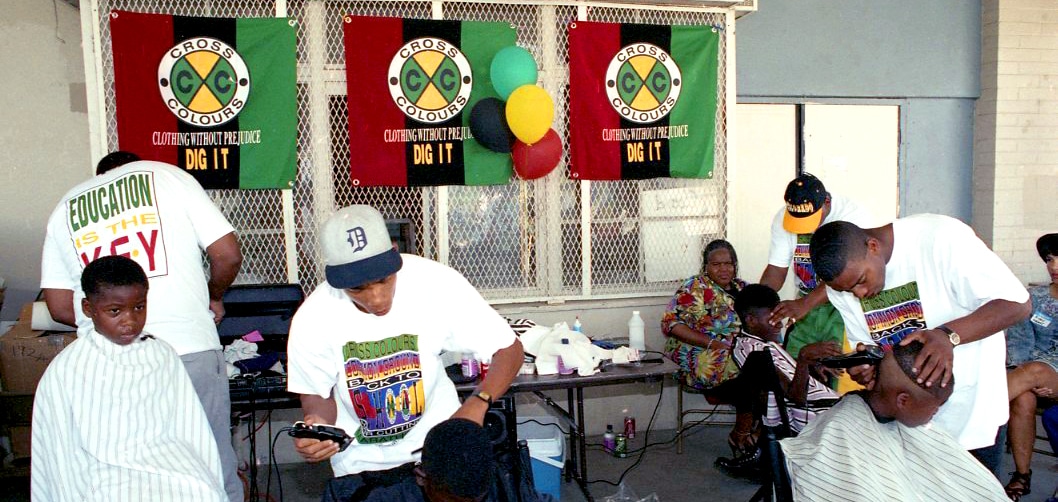
After a meteoric rise that established Cross Colours as the leading Black-owned and mass marketed fashion brand in the country, the company folded its original operations after mounting financial problems in 1994, according to the Los Angeles Times. The publication reported that the trouble may have begun in the aftermath of Spike Lee suing the brand in 1991. At the time, Lee’s lawyers argued that the Cross Colours logo was too similar to his company’s logo, which was also designed by Cross Colours’ Walker; the case was eventually settled out of court.
Fast forward two decades and the challenges of the past are in the rear view, but there’s still a need for the Cross Colours message. The founders were fortunate to get the trademark they had lost to others years ago back. They relaunched the label in 2014 and it was warmly welcomed back into the world of hip-hop fashion—almost as if the company never left—which is an impressive feat in a style culture that can be fickle.
A whole new audience learned about the Cross Colours vibe when Bruno Mars paid tribute to the legacy of the brand by wearing it in his music video and during his GRAMMYS performance with Cardi B for the international hit song “Finesse” in 2018. In 2019, the label was honored with a retrospective exhibit at the California African American Museum in Los Angeles that featured incredible artifacts like an early brand ad featuring a shirtless, pre-fame model cameo from now-actor Djimon Hounsou and the enduring “Clothing Without Prejudice” motto. The same early spirit of revolutionary, inclusive work continues at Cross Colours today with the streetwear collections called Love Black Lives and HBCU, which Pilgrim thinks “really highlight where we are as a brand right now.
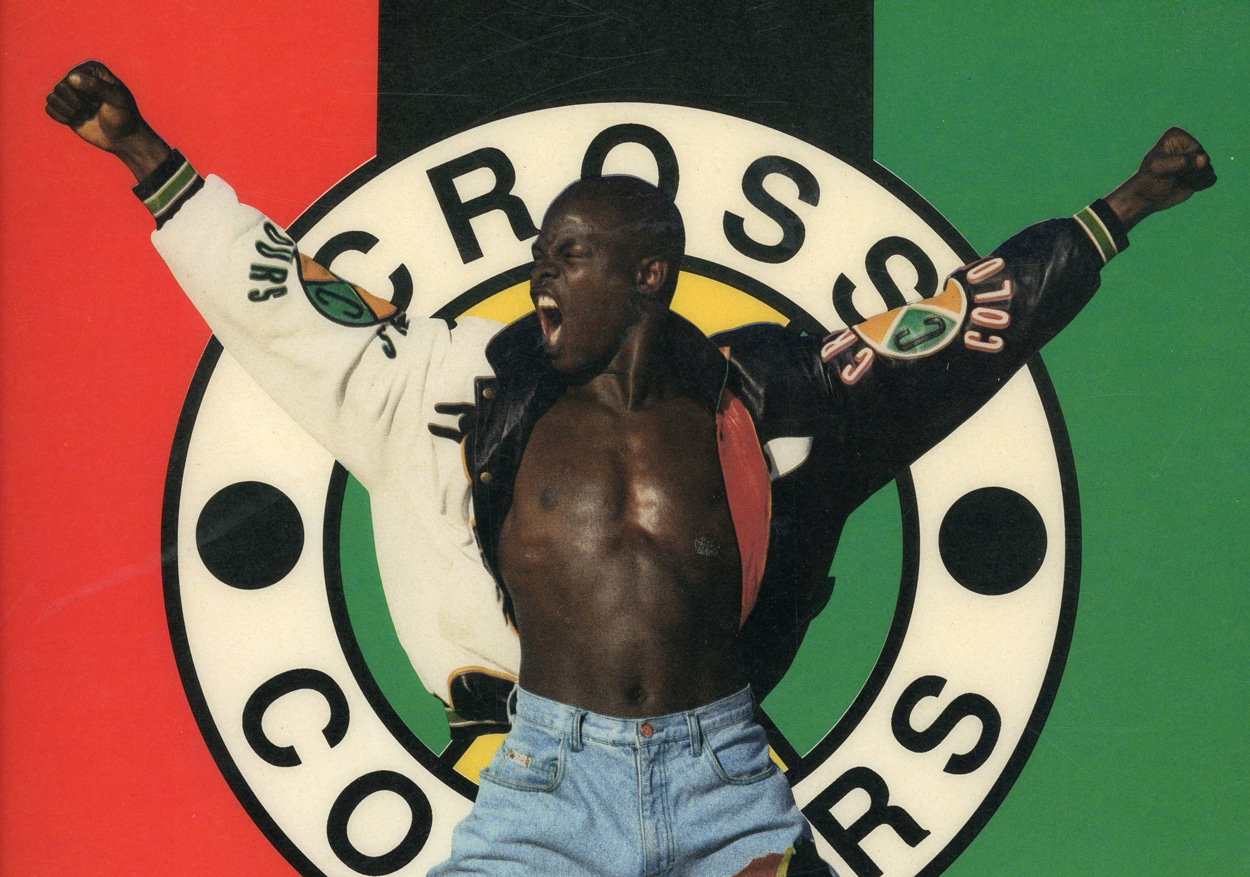
“We’re very excited about 2021,” he shares. “This current moment in time, with the country seemingly coming to grips with the racial inequality plaguing our society, important conversations are being had and necessary steps are being taken to eliminate a state of mind that has crippled mankind for centuries. Our focus is ensuring that the brand is a part of that conversation. Our goals for the future are quite simple: Continue to show up for our community, speak out against injustice and inequality and use our clothing to spread awareness.”
A Trove of Personal Items Belonging to Artist Frida Kahlo Will Soon Arrive in San Francisco
Hidden away for 50 years, the treasures debut on the West Coast this month.
Painter Amadea Bailey Expresses Her Raw Emotion on Canvas
There are those who paint the world they see, and there are those who paint from their gut. Amadea Bailey is the latter.
Mike Weber Finds Balance in Nature
Los Angeles mixed-media artist Mike Weber splits his time between the city and the mountains. He explains how this process of creating and living in two vastly different spaces helps keep him in balance.



